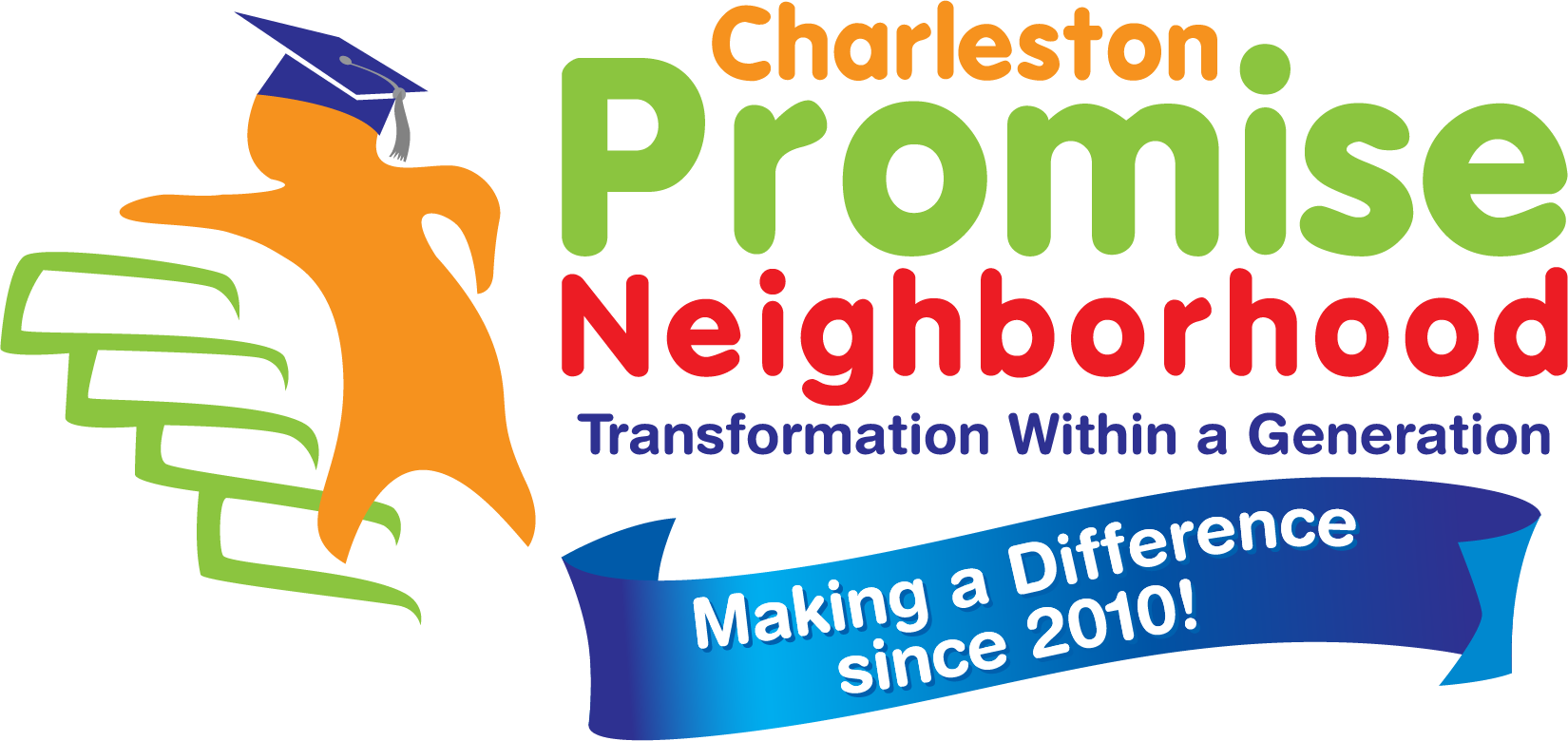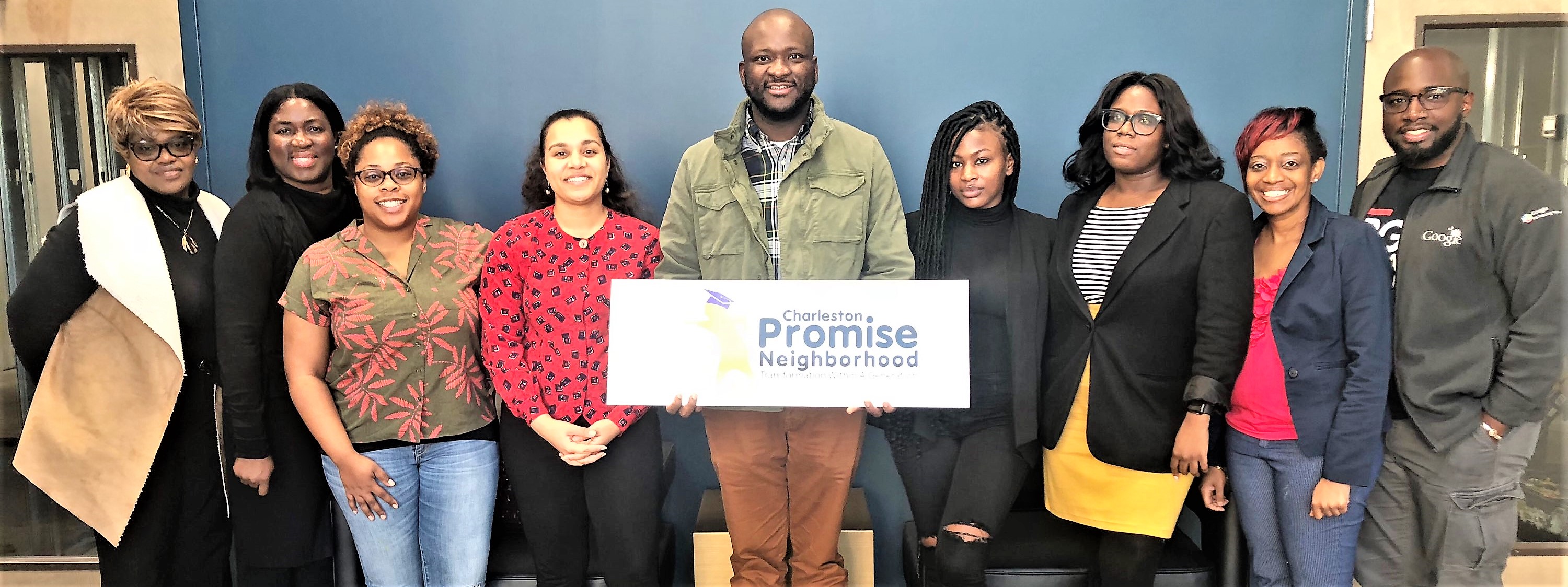
Geoffrey Canada and Dwayne Green
Like a good book that gets better with every reading, or a movie in which you notice something different every viewing, the words of Geoffrey Canada never cease to amaze. I had the opportunity to hear Geoffrey Canada speak for the second time in three months when I attended the Annual Conference for the National Association for Independent Schools in National Harbor, Maryland last weekend. (Interestingly, another keynote speaker at the conference was Dan Heath, author of the book Switch, about whom Laura wrote in our last blog entry.) What a double bonus!
Hearing Mr. Canada speak again, I was better able to focus on a few of the central themes of his innovative approach in Harlem, which connects directly with what we are also trying to do here in Charleston:
1) The importance of starting early with children– In both of Canada’s speeches, he emphasized the need to immerse children in educational opportunities as early as possible. If children come to kindergarten with the simple benefit of having someone read to them regularly, they have three times the vocabulary of children without that exposure. Our preliminary data from test scores in our four elementary schools show that almost 50% of the children test in the bottom quartile for reading (0-25%), suggesting they are at a severe disadvantage from the very start. Canada further suggested that if children are not testing at their appropriate grade level by third grade, they never catch up. These are the children who become ninth graders still reading at a third grade level, who eventually drop out in large numbers. The Charleston Promise Neighborhood has embraced Charleston Volunteers for Literacy as one of its early, evidenced – based programs that seeks to expose children to reading at an early age. Our choice of elementary schools as primary entry point for intervention in the Neighborhood is also a recognition that the earlier we start with children the better.
2) Canada also stressed that the school day needs to be redesigned so that children can be successful. If a child starts out behind in the early grades, he or she is not going to catch up under a standard nine-month curriculum. One of the innovations of the Harlem Children’s Zone was the adoption of a longer school year, utilizing some of the summer months to give children additional educational instruction, and a lengthening of the school day so that “after-school programs” are interwoven into an extended day program. Studies have shown that children lose up to one-third of what they learned in a given academic school year over the summer, and the longer school year has enabled educators to increase retention and give remedial instruction where necessary. One of the ambitions of the Charleston Promise Neighborhood is to have the four elementary schools which we serve do the same thing. We would like to see the four schools adopt an extended-day format and lengthen the school year in order to enable children to catch up and get back on grade level. Our initial discussions with the Charleston County School District indicate that this could be a very real possibility.
3) Geoffrey Canada spoke at length about parent involvement and community engagement during both of his speeches. He spoke passionately about trying to recruit parents for his Baby College a key ingredient to its success. (He jokingly also spoke of stopping anyone within his neighborhood who appeared to be pregnant, which elicited much laughter from the audience). The goal of this outreach effort was to have every parent of a child under three years old enrolled in the program. Children’s Zone volunteers from the neighborhood would consistently knock on doors of new parents, even parents who declined to attend in previous years). He mentioned that this persistence often resulted in getting parents to enroll when they otherwise would not have. The Charleston Promise Neighborhood is placing a high priority on increasing parental involvement in our schools and encouraging meaningful community engagement. Because parental involvement is necessary for optimal school improvement, we have researched the best practices for achieving it. We plan to adapt these practices in our schools while engaging the community in this effort.
As you read about the programs which will believe will help us attain these goals, we hope you will share your thoughts with us and spread word about what we are doing. We are thankful to Geoffrey Canada for his ongoing hard work, inspiration and example. Your support and feedback will help us replicate his success here in Charleston.
Dwayne Green
CEO




